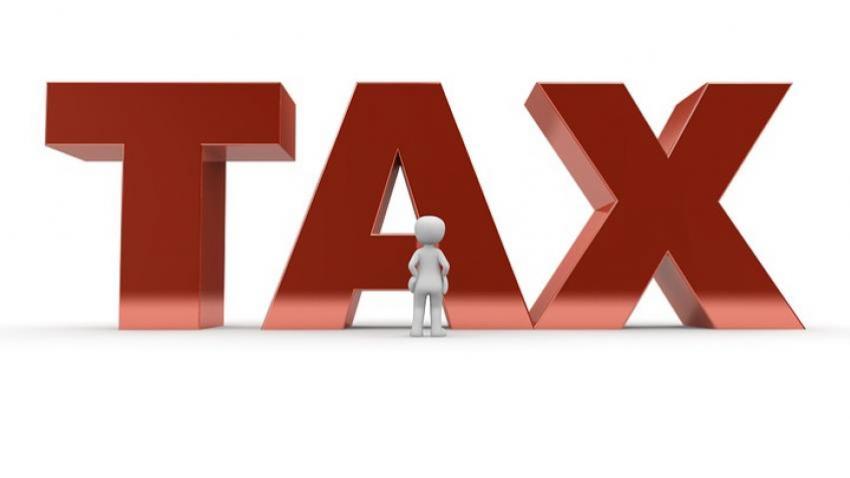Federal Government Approves Withholding Tax Exemptions for Small Businesses, Manufacturers, and Farmers

In a significant move to alleviate the tax burden on businesses, the Federal Government has approved the exemption of small businesses, manufacturers, and farmers from paying withholding tax. This initiative, along with other key changes to the tax regime, aims to reduce rates for businesses with low margins and implement measures to curb tax evasion.
Taiwo Oyedele, Chairman of the Presidential Committee on Fiscal Policy and Tax Reforms, announced on his official X handle that President Bola Tinubu has approved the new withholding tax regime. The official gazette for this approval is expected to be signed in the coming days.
Oyedele explained that the previous withholding tax system, introduced in 1978, faced challenges such as ambiguity due to the increase in transactions it covered, leading to multiple taxes, inequity, and strain on the working capital of businesses with low margins.
Withholding Tax is a method of collecting income tax in advance, with rates ranging from 5% to 10% based on the transaction. Returns are due by the 21st of the following month, with penalties for late filing set at N25,000 for the first month and N5,000 for each subsequent month of non-compliance.
The updated withholding tax regime includes several key changes:
- Reduced rates for businesses with low margins.
- Exemption of small businesses from withholding tax.
- Exemptions for manufacturers and producers, such as farmers.
- Measures to curb evasion and minimize tax avoidance.
- Clarity on the timing of deductions and key terms.
- Ease of obtaining credit and utilization of tax deducted at source.
- Adoption of global best practices.
Oyedele stated, "Withholding tax was introduced into the Nigerian tax system in 1977 to serve as an advance payment of income tax on specified transactions. As the regime expanded over time to cover more transactions, various ambiguities and complications crept in. This resulted in many businesses, especially SMEs, being exposed to an excessive burden of compliance and a strain on the working capital of low-margin businesses."
The latest approval is part of a broader strategy to implement five executive orders aimed at reducing inflation and growing tax revenue.





